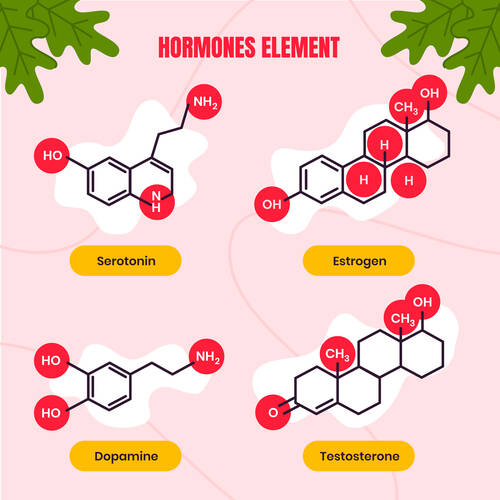Hormone replacement therapy (HRT) has long been used to manage the disruptive symptoms associated with hormonal imbalances, particularly those caused by menopause in women and low testosterone in men. As the body ages, hormone levels naturally fluctuate, often leading to uncomfortable symptoms that can negatively impact one’s quality of life. HRT offers a solution by replenishing key hormones, providing relief from symptoms such as hot flashes, mood swings, and low energy.
Hormone replacement therapy involves supplementing the body with hormones that it no longer produces in adequate quantities. For women, this typically means replacing estrogen and progesterone, the hormones that regulate many aspects of the female reproductive system. For men, HRT usually focuses on replenishing testosterone, which naturally declines with age.
While the primary goal of HRT is to relieve symptoms, it can also improve long-term health. Estrogen, for example, helps protect against bone loss, and testosterone replacement in men can prevent muscle atrophy. But before diving into the benefits of HRT, it's important to understand why hormone levels fluctuate and how these changes affect the body.
(more…)





